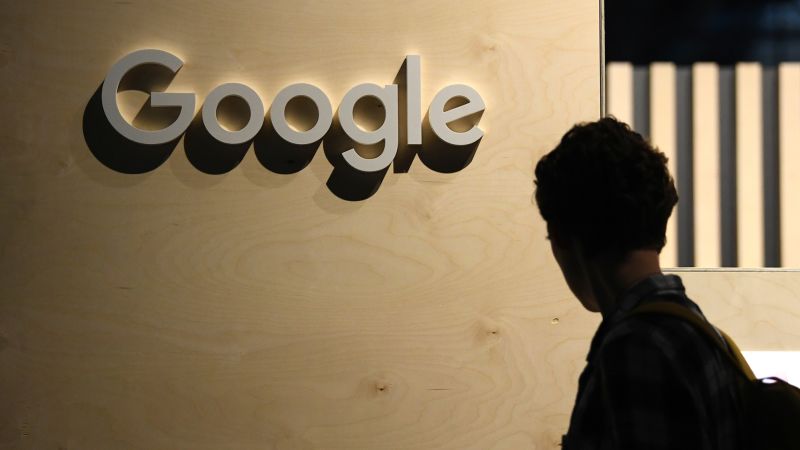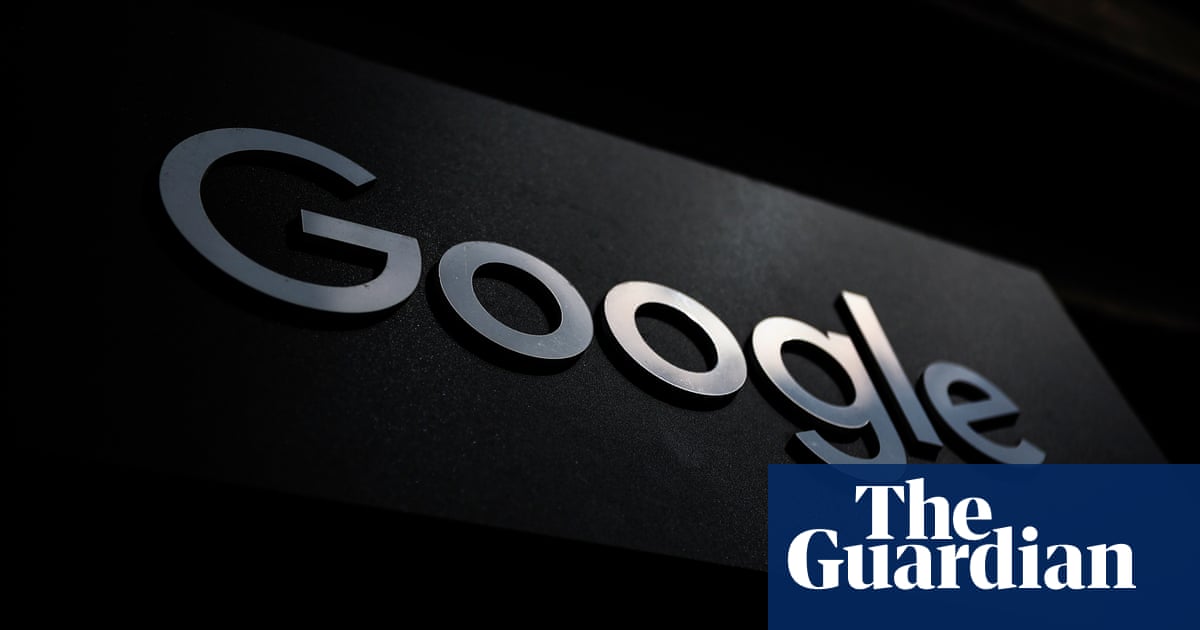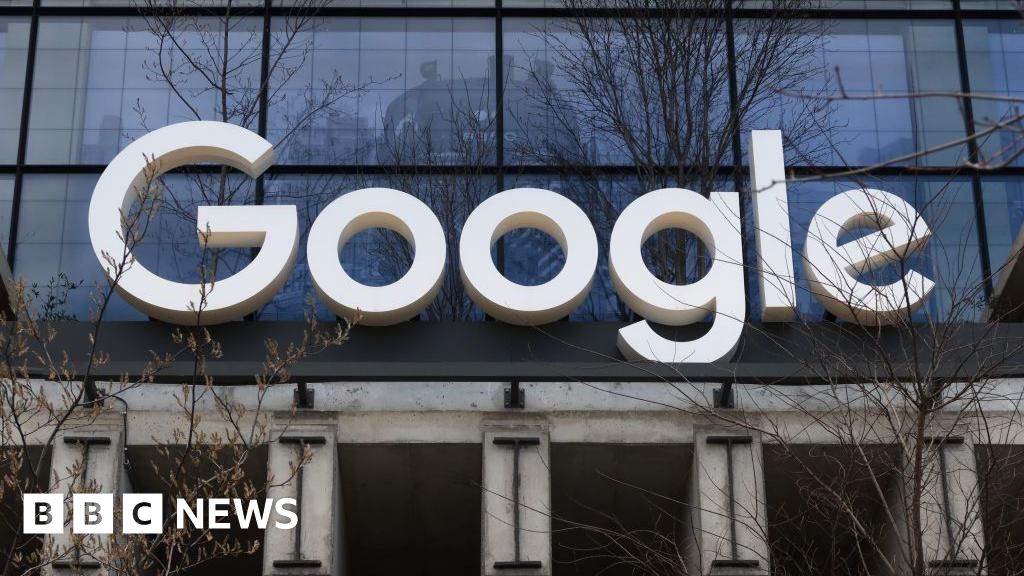US District Judge Amit Mehta has ruled that Google has been illegally maintaining its monopoly in the internet search market, violating antitrust laws by engaging in practices that stifle competition and innovation.

Also Read: Indian Rupee Hits Record Low Against US Dollar
The court found Google in violation of Section 2 of the Sherman Act, a US antitrust law, which prohibits monopolistic practices.
The ruling concludes that Google is a monopolist and has acted as such to preserve its dominance in the search engine market.
The Sherman Antitrust Act aims to combat anticompetitive practices, reduce market monopolization and preserve fair competition. Google’s actions were found by the court.
The legal battle between Google and the US Justice Department has been ongoing since the lawsuit was filed nearly four years ago.
This case represents the antitrust challenge in the US since the Microsoft case in the late 1990s. The trial began nearly a year ago with a review of evidence including testimony from executives at Google, Microsoft and Apple.
The trial lasted for ten weeks culminating in a 277-page ruling by Judge Mehta. Judge Mehta concluded that Google is a monopolist and has acted as such to maintain its dominance in the search engine market.
The ruling states, “Google is a monopolist, and it has acted as one to maintain its monopoly.”
According to the ruling, Google holds an 89.2% share of the general search services market, which increases to 94.9% on mobile devices.
This dominance is cited as evidence of Google’s monopoly power. Google’s search engine processes an estimated 8.5 billion queries per day worldwide, almost doubling its daily volume from 12 years ago. In 2023, Google’s digital advertising machine generated nearly $240 billion in revenue.
The ruling highlights Google’s use of default agreements to maintain its search engine as the default option on new cell phones and tech gadgets.
In 2021 alone, Google spent over $26 billion on such agreements. Judge Mehta addressed the importance of default settings in maintaining Google’s dominance.
For example, Microsoft’s Bing search engine holds an 80% share of the search market on the Microsoft Edge browser indicating the power of default choices.
The ruling acknowledges Google’s quality but points out that consumers have switched search engines when dissatisfied, as seen with Yahoo in the 1990s.
Also Read: Groq Secures $640 Million in Funding to Challenge Nvidia in the AI Chip Industry
Kent Walker, Google’s president of global affairs, stated, “This decision recognizes that Google offers the best search engine, but concludes that we shouldn’t be allowed to make it easily available.”
Attorney General Merrick Garland hailed the ruling as a win for the American people, addressing that “no company no matter how large or influential is above the law.”
The court highlighted Google’s control of approximately 90% of the US search market. Such dominance was achieved through strategic agreements with major companies including Apple and Samsung, to make Google the default search engine on their devices.
In 2021 alone, Google paid over $26 billion to secure default search engine status.
Google’s agreements with hardware manufacturers like Apple and Samsung were deemed anticompetitive.
These deals stifled competition by ensuring Google’s search engine was the default option on millions of devices, limiting consumer choice and crowding out rivals.
The court found that Google failed to provide adequate justifications for its exclusive agreements, reinforcing the notion that these practices were designed to entrench its monopoly.
The antitrust suit was initiated by the Department of Justice in 2020 and joined by attorneys general from 38 states and territories, argued that Google’s practices created barriers to entry for competitors and preserved its market supremacy through a feedback loop.
A separate proceeding is scheduled for September 6 to determine the penalties Google will face. Potential remedies could include dismantling parts of Google’s internet empire or prohibiting default search agreements.
Legal experts predict a lengthy appeals process that could take up to five years, delaying any immediate impact on consumers and advertisers.
While Google may face fines, experts suggest that monetary penalties alone are unlikely to be the primary enforcement mechanism due to Google’s vast resources.
Also Read: Mars in Talks to Acquire Kellanova in $30 Billion Deal























